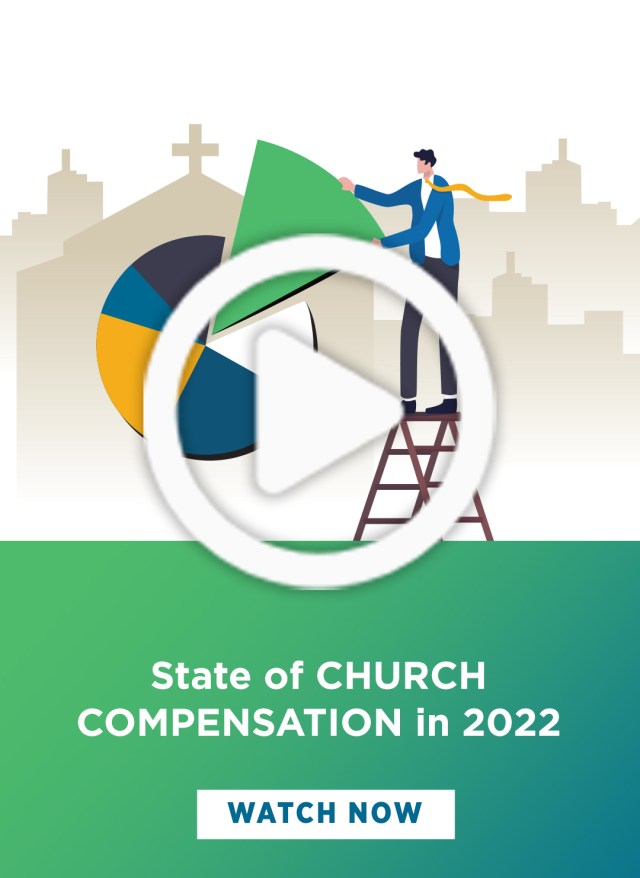Key point. Churches that dismiss or discipline employees for reporting suspected illegal activity by another church worker may have violated whistleblower protections under federal or state law.
A federal court in California ruled that a woman whose employment at a church was allegedly terminated because of her disclosure of potentially illegal activity by the church treasurer could sue her church for violation of a state policy barring employers from retaliating against “whistleblowers.” A church hired a woman (the “plaintiff”) as a clerical worker, and a few years later promoted her to the position of administrative assistant to the senior pastor. The plaintiff alleged that on several occasions another church employee subjected her and others to abusive and threatening behavior, including sexual harassment. She submitted formal complaints to the church leadership, but claimed that no action was taken. The plaintiff allegedly came across information suggesting that the church treasurer and another employee were misusing church funds. The church began an official investigation into financial improprieties as they related to church funds. But, while the investigation was proceeding and before the plaintiff was questioned about her suspicions, her employment was terminated.
Following her termination, the plaintiff alleged that:
- church employees were falsely informed that she had broken into the church and destroyed her former work computer;
- a church employee sent a member of the congregation an email stating that the plaintiff was fired because she “had done things that were evil and absolutely despicable”;
- another church employee informed a church member that the plaintiff was fired because she did “grievous acts”;
- another church employee informed a church member that the plaintiff had been fired because she had done “evil things.”
The plaintiff sued the church and various church employees, claiming that they had violated a “public policy” protecting “whistleblowers” from retaliation by their employers for reporting illegal conduct. Specifically, she alleged that the church’s decision to terminate her was based on her uncovering and disclosure of illegal behavior by the church treasurer, and that her termination violated a strong state policy against adverse employment actions against whistleblowers. The court rejected the church’s request to dismiss the case, and ordered the case to proceed to trial.
Application. Several states, like California, have statutes or policies that protect whistleblowers from retaliation by their employer. A similar provision is contained in the federal Sarbanes-Oxley Act, and represents one of the few provisions in that law that applies to churches. The Act amends federal criminal law to include the following crime: “Whoever knowingly, with the intent to retaliate, takes any action harmful to any person, including interference with the lawful employment or livelihood of any person, for providing to a law enforcement officer any truthful information relating to the commission or possible commission of any federal offense, shall be fined under this title or imprisoned not more than 10 years, or both.” The following examples illustrate the application of the Sarbanes-Oxley Act to churches:
Example. A church employee learns that a child was molested at an overnight church activity. The employee informs the pastor, who decides to handle the incident internally as a matter of church discipline. The pastor is a mandatory child abuse reporter under state law. The employee decides to call the police and report the incident on her own initiative. The pastor learns of her action, and terminates her employment. The Sarbanes-Oxley Act’s whistleblower provision does not apply since the underlying offense is a violation of state, and not federal, law. However, state law may provide legal protections to the employee under these circumstances.
Example. A church employee learns that the church is not paying over-withheld income taxes and FICA taxes to the government. The employee notifies the local IRS office. When the pastor learns that the employee notified the IRS, he fires him. Has the pastor violated the Sarbanes-Oxley Act’s whistleblower provision? Possibly not. The Act amends federal criminal law to include the following crime: “Whoever knowingly, with the intent to retaliate, takes any action harmful to any person, including interference with the lawful employment or livelihood of any person, for providing to a law enforcement officer any truthful information relating to the commission or possible commission of any federal offense, shall be fined under this title or imprisoned not more than 10 years, or both.” The pastor’s decision not to pay over withheld taxes to the government may be a federal offense, since section 7202 of the tax code imposes criminal penalties upon “any person required to collect, account for, and pay over any tax imposed by this title who willfully fails to collect or truthfully account for and pay over such tax.” As a result, the pastor’s dismissal of the employee for reporting the possible violation of this section may trigger liability under Sarbanes-Oxley.
Note that this section requires that the employee provide to a “law enforcement officer” information relating to the commission of a federal offense. Is an IRS agent a law enforcement officer? Federal law defines this term as “an officer or employee of the federal government, or a person authorized to act for or on behalf of the federal government or serving the federal government as an adviser or consultant—(A) authorized under law to engage in or supervise the prevention, detection, investigation, or prosecution of an offense.” Construed broadly, this could include an IRS agent.
In summary, it is possible that the pastor’s dismissal of the church employee violated the whistleblower provision under Sarbanes-Oxley. If so, this would be a felony exposing the pastor to a fine of not more than $10,000, or imprisonment of not more than five years, or both, together with the costs of prosecution. Finally, note that apart from the pastor’s potential liability for violating Sarbanes-Oxley under these circumstances, the dismissed employee may be able to sue the pastor and church under state law for wrongful termination or some other theory of liability.
As noted above, several states have their own whistleblower protections that in many cases are broader than the Sarbanes-Oxley Act. 2008 WL 2357238 (S.D. Cal. 2008).
This Recent Development first appeared in Church Law & Tax Report, March/April 2009.




